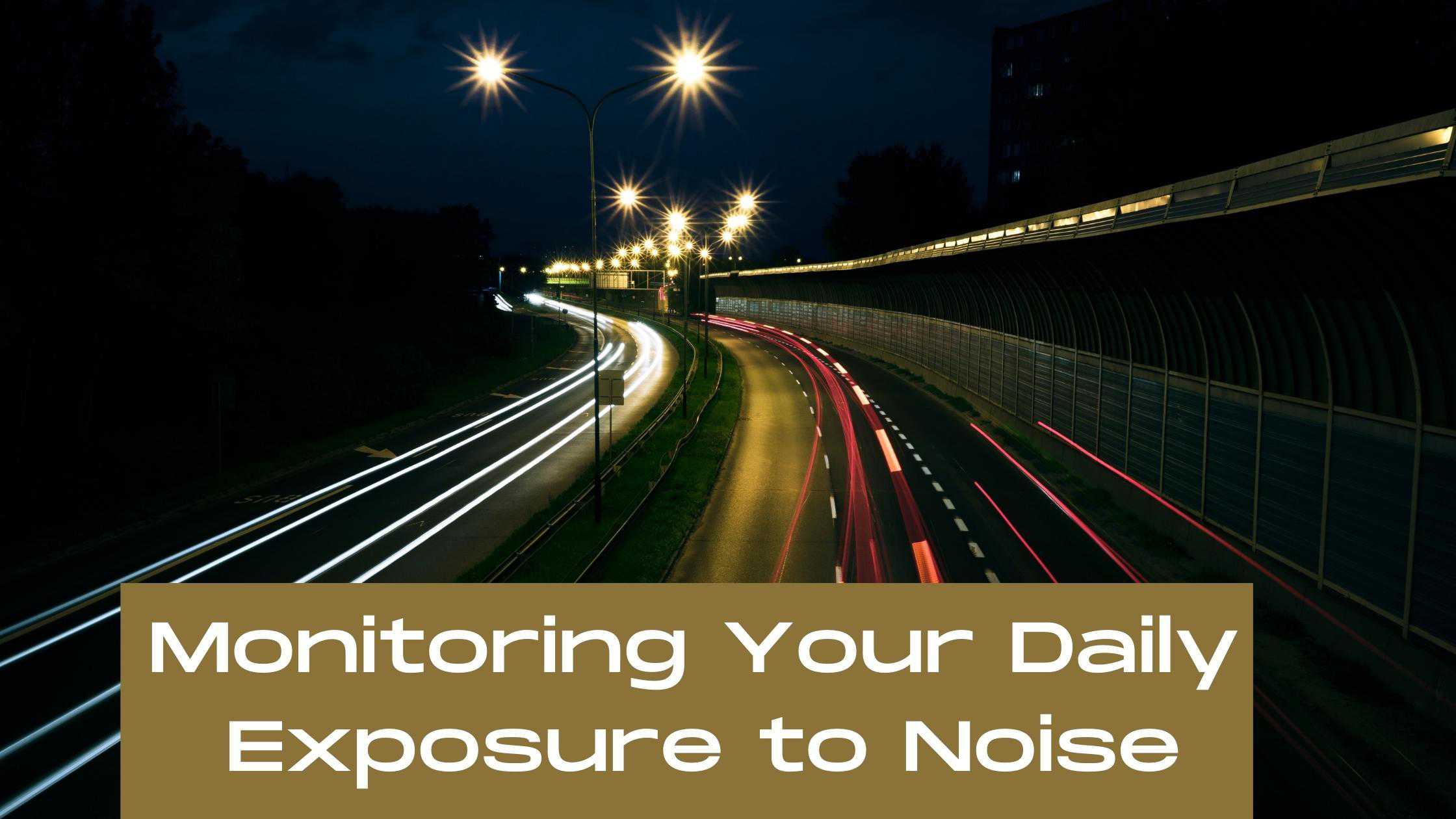
- A Guide to Different Hearing Aid Styles - May 6, 2025
- What is the Lifespan of Hearing Aid Batteries? - April 27, 2025
- Understanding the Different Types of Assistive Listening Technology - April 15, 2025
Some occupations pose a clear risk of damaging noise exposure. Those who work in these fields most likely have strict precautions in place to make sure that hearing is not damaged on the job site. Particularly those who work for big corporations or as part of a labor union are the most likely to have mandated protection at the level of workplace management. However, noise exposure can occur in more contexts than you might expect.
Even a small auto body shop can emit dangerously loud noise without a safety department in place to mandate the use of protective gear. Beyond these obviously loud settings or air strips, factories, and mechanic shops, other jobs and activities can pose a risk, as well. For this reason, it is crucial that you take your hearing health into your own hands and monitor your own daily noise exposure.
With the assistance of a smartphone app, you can get a sense of how much sound you experience in a day and for how long. This combination of volume and duration is the crucial consideration to keep your hearing ability intact for as long as possible. The following are some general recommendations to take stock of your personal noise exposure and to protect yourself as best you can.
Measuring Noise
The first step you will want to take is to measure the decibel level of noise at work and in leisure. Your smartphone is a simple way to get started. Simply download a free decibel measurement app and bring your phone to the place where noise is evident. You will want to keep your smartphone unobstructed and roughly at ear level to get the best measurement. Take several measures and make note of them.
If you are in the presence of what seems like a steady noise environment, take the average of these readings. If you notice that there are different machines or types of noise present, try to take as many measurements as possible to get a sense of the range of noise you might encounter on a given day. Noise measurements are not only for those who work in industrial or transportation settings. Venues such as restaurants, bars, concert halls, dance clubs, sporting facilities, salons, and schools can emit enough noise to damage the hearing of those who work in them.
Volume and Duration
In order to tell how long you can be exposed to noise without experiencing damage, you will need to consult with the guidelines provided by the National Institute for Occupational Safety and Health (NIOSH). The baseline to keep in mind is that a noise of 85 decibels can be endured for 8 hours without hearing damage. Yet, any noise that is louder than the 85-decibel threshold can only be endured for a shorter period of time. Specifically, each three additional decibels of noise reduces the time of healthy exposure by half, meaning that 88 decibels of noise can be endured for 4 hours, 91 decibels for 2 hours, and so on. If you follow this chart, you will note that 100 decibels of noise can only be endured for 15 minutes without hearing damage.
Reduce Noise through Protection
If you need to perform a job or even a leisure activity that keeps you in the presence of noise for longer than the safe duration, you will need to wear hearing protection. Basic disposable foam earplugs tend to give at least 10 decibels of noise attenuation, effectively raising the amount of time you can spend in the presence of that noise. For instance, if you are in the presence of 95 decibels of noise, you can work an 8-hour shift with the use of earplugs. For louder settings, you will need more advanced protection.
Custom-fitted earplugs provide the right assistance to enable you to safely perform your job while maintaining the ability to communicate in many settings. Consult with your manager as well as our team of hearing professionals to make sure you have the right combination of protection and duration in the presence of noise. When it comes to your hearing health, it is important to take measurement and protection into your own hands rather than entrusting your hearing ability to others.
